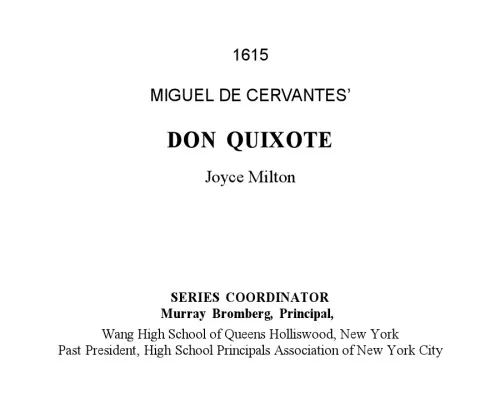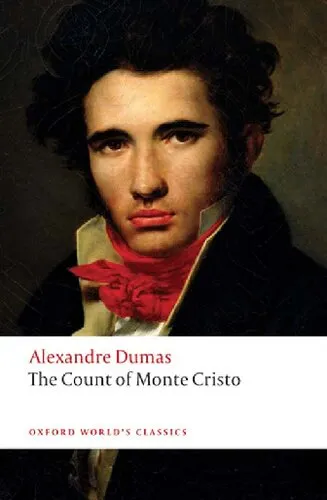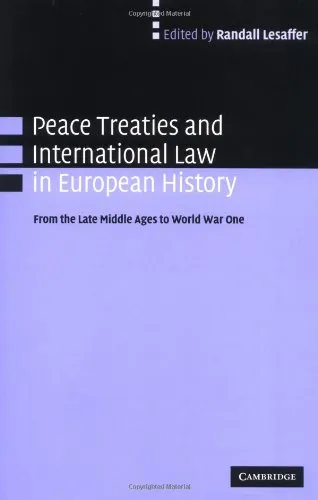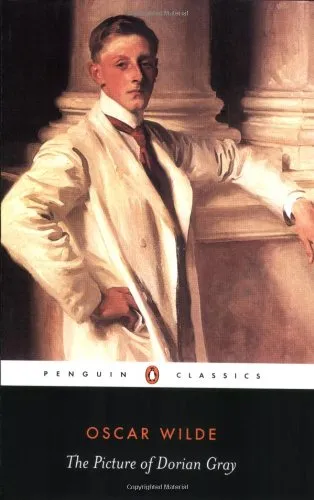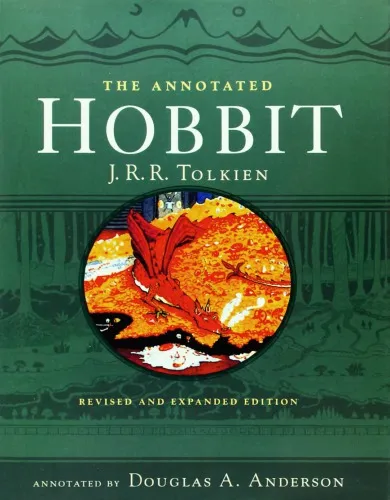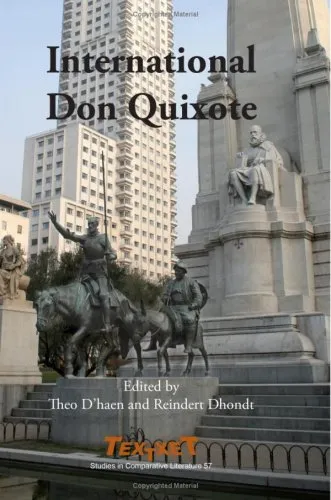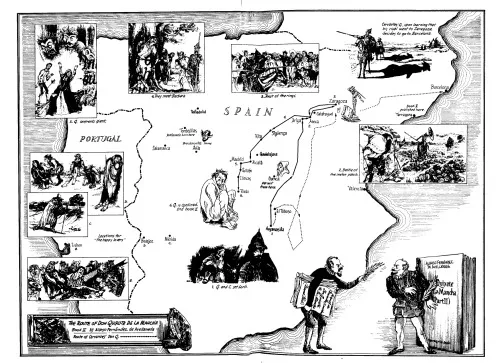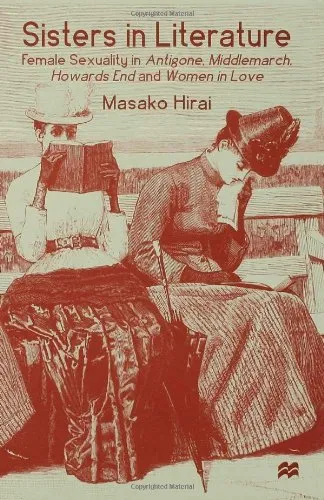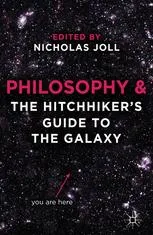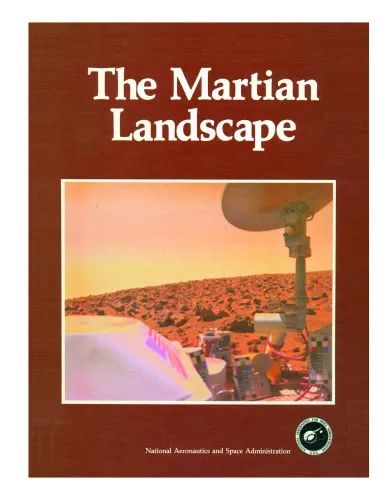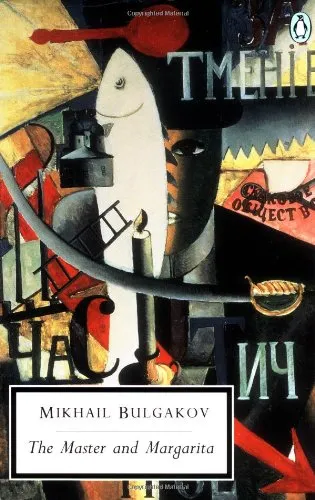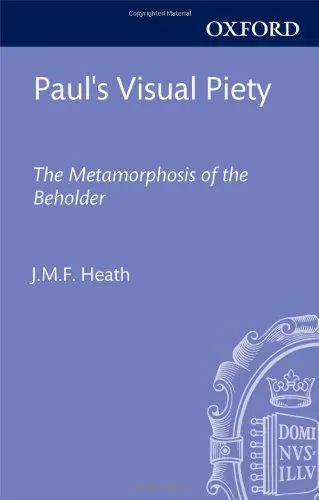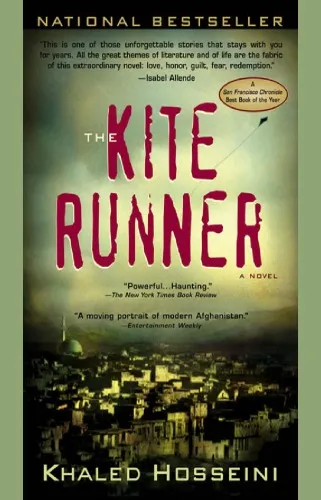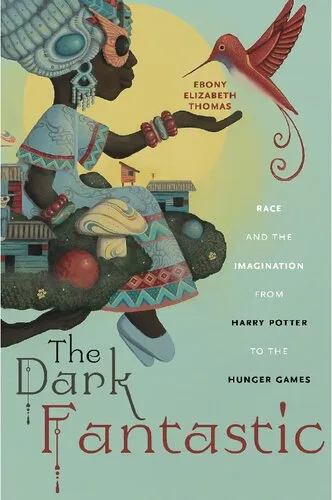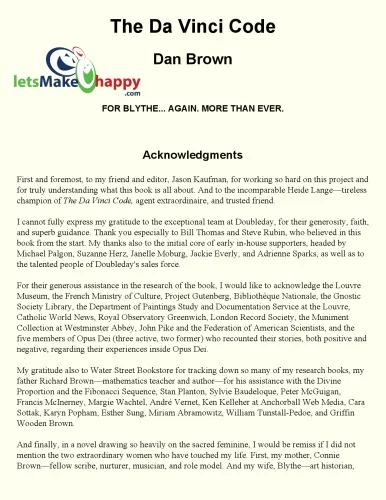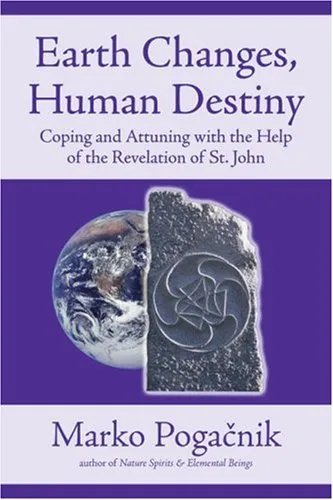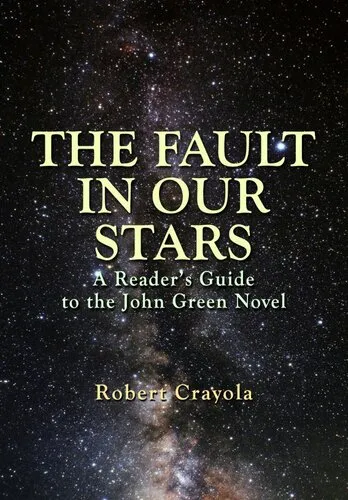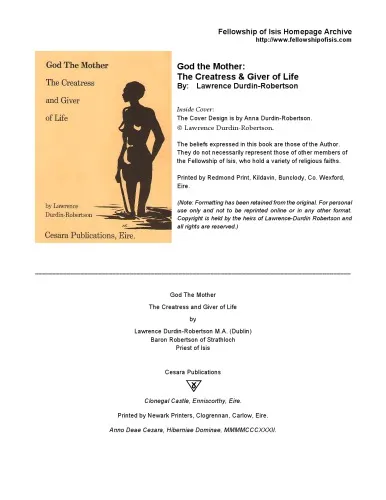Miguel de Cervantes’ Don Quixote
4.5
Reviews from our users

You Can Ask your questions from this book's AI after Login
Each download or ask from book AI costs 2 points. To earn more free points, please visit the Points Guide Page and complete some valuable actions.Related Refrences:
Miguel de Cervantes’ Don Quixote: An Introduction
Widely regarded as one of the most important works in Western literature, Miguel de Cervantes’ Don Quixote captures the imagination and hearts of readers with its satirical edge and adventurous spirit. Published in two parts in 1605 and 1615, this landmark novel not only pioneered modern narrative forms but also laid the groundwork for the exploration of human psyche and social context within literature. With its blend of realism and fantasy, Don Quixote is a captivating exploration of idealism, reality, and the boundaries between madness and sanity.
Detailed Summary of the Book
The novel follows the journey of its eponymous hero, Don Quixote, a nobleman from La Mancha who becomes so enamored with tales of chivalry that he decides to transform himself into a knight-errant. Donning an outdated suit of armor and accompanied by his loyal but simple-minded squire, Sancho Panza, he sets off in pursuit of noble quests to revive chivalry and protect the helpless.
Despite his good intentions, Quixote's perception of reality is skewed by his overactive imagination, leading him to fight windmills he perceives as giants and embark on countless misadventures. Cervantes uses these episodic journeys to delve into themes such as the conflict between illusion and reality, the clash between the old world and the encroaching modernity, and the power of idealism.
The humor and absurdity of Don Quixote's exploits draw attention to his delusions while also evoking sympathy for his sincerity. As his journey progresses, Cervantes explores deeper philosophical questions regarding identity and authorship, transforming Don Quixote from a figure of ridicule into an enduring symbol of passionate idealism.
Key Takeaways
- The novel is a metafictional exploration of authorship, with Cervantes skillfully weaving in perspectives that blur the lines between fiction and reality.
- Don Quixote's idealism serves as both a source of comic mischief and a profound commentary on the human condition and the value of dreams in a pragmatic world.
- The dynamic between Don Quixote and Sancho Panza offers rich insights into companionship, social class dynamics, and contrasting worldviews.
- The narrative challenges the rigid social and literary conventions of its time, helping to lay foundations for modern narrative techniques.
Famous Quotes from the Book
“When life itself seems lunatic, who knows where madness lies?”
“The truth may be stretched thin, but it never breaks, and it always surfaces above lies, as oil floats on water.”
“There is no book so bad...that it does not have something good in it.”
These quotes reflect the novel's wit and deep philosophical underpinnings, highlighting Cervantes' gift for expressing complex ideas simply and poignantly.
Why This Book Matters
Don Quixote is a monumental work not only for its literary achievement but also for its influence on the cultural landscape. As one of the first novels to combine various genres and techniques, it broke literary conventions, allowing for character development and introspection.
The book’s exploration of the individual’s role in society and the interplay between fiction and reality remains relevant in today's culturally complex world. The enduring legacy of Don Quixote manifests in its influence on countless writers and artists, cementing Miguel de Cervantes' status as a trailblazer in narrative fiction.
Free Direct Download
You Can Download this book after Login
Accessing books through legal platforms and public libraries not only supports the rights of authors and publishers but also contributes to the sustainability of reading culture. Before downloading, please take a moment to consider these options.
Find this book on other platforms:
WorldCat helps you find books in libraries worldwide.
See ratings, reviews, and discussions on Goodreads.
Find and buy rare or used books on AbeBooks.
1416
بازدید4.5
امتیاز0
نظر98%
رضایتReviews:
4.5
Based on 0 users review
Questions & Answers
Ask questions about this book or help others by answering
No questions yet. Be the first to ask!
